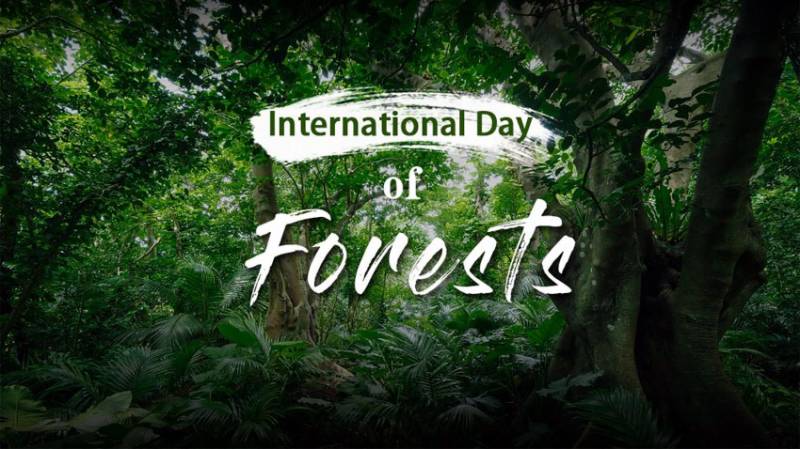ISLAMABAD – Pakistan is set to observe the United Nations (UN) International Day of Forests with the rest of the world on March 21 to acknowledge the significance of forests and trees.
Walks, rallies and plantation drives will be held across the country and the day will be marked with special programs to address severe issues like deforestation as forests are of paramount importance for the survival of the earth.
The United Nations works with governments, community organizations, and citizens to promote both local and international activities for International Forest Day. The theme for each International Day of Forests is picked by the Collaborative Partnership on Forests, and the theme for 2023 is ‘Forests And Health.’
In this regard, UNFF and FAO will further peddle ongoing reforestation efforts within the scope of forest development and expansion, as well as improve degraded forest areas.
Experts claim that every country should have at least one-fourth of its area comprising of forests while in Pakistan, a country of over 220million people, forests cover a mere 5 percent – far less than the international standard.
This year, Forest Department will continue efforts in meeting afforestation targets set for 2023 by planting saplings. The government planned to plant 30 million saplings, out of which 11 million have been planted.
Some of the basic reasons for the survival of forests include providing shelter for more than half of the terrestrial species of animals, plants, and insects. They are a major source of balance of oxygen, carbon dioxide and humidity in the air. They play a key role in protecting watersheds, which supply fresh water to rivers.
They help fight against ongoing deforestation which accounts for global greenhouse gas emissions that contribute to global warming.
Let it be known that United Nations first marked the International Day of Forests in March 2013 which was followed by International events in previous years.
This complex ecological system of trees and other living organisms covers about one-third of the world’s land mass. Nearly 1.6 billion people, including more than 2000 indigenous cultures, depend on forests for their livelihood.










